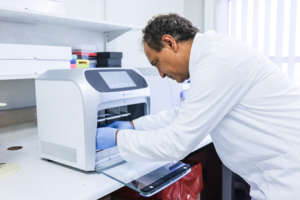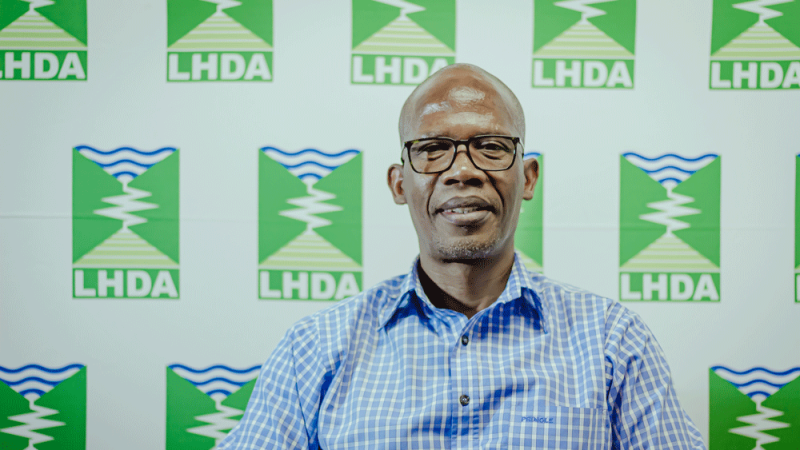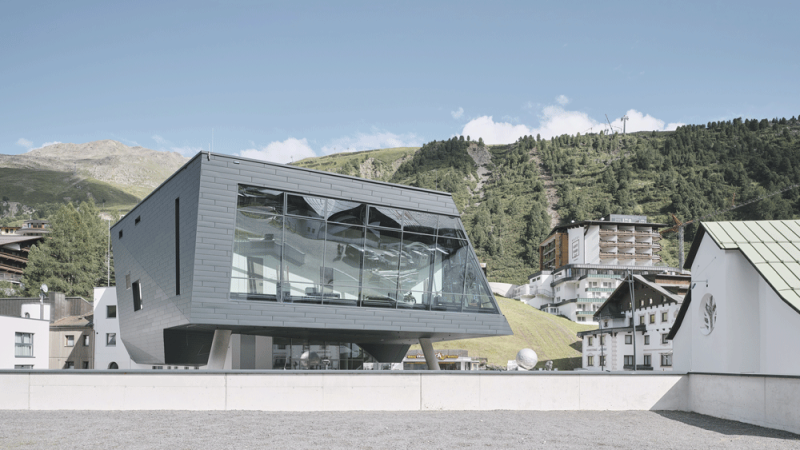This year the University of Witwatersrand in Johannesburg celebrated its centenary. A one-hundredth birthday is a big deal. The University of Witwatersrand’s biological science faculty should know – it celebrated its own centenary five years earlier, in 2019.
“The faculty is the largest faculty of sciences in South Africa,” says Shabir Madhi, Dean of the Faculty of Health Sciences and Professor of Vaccinology. “Each year we graduate 330 medical students, in addition to pharmacists, occupational therapists and students in all sciences. The University of Witwatersrand and its biological science faculty are notable for the number of specialists it hosts. We have the largest training platform for specialists, contributing a third of the total number in South Africa.”
Those students have a good teacher in Professor Shabir Madhi, who has made an astounding contribution to the medical sciences himself. Madhi’s career began in 1997 when he started his initial research into vaccines. At the time, the leading cause of death in children under five was pneumonia caused by a bacterial infection.
“We began the largest search for a vaccine in South Africa, demonstrating that by vaccinating children we could protect them from developing serious bacterial infections and reduce the number of children being hospitalised,” Madhi recalls.
This was only the first of many lifesaving studies that Madhi took part in, demonstrating the real difference that vaccines can make, particularly in low income settings.
“The findings of those studies led to the World Health Organisation making a recommendation for the vaccinations they produced to be used in public immunisation programs,” Madhi says. “We began to see the massive impact vaccines could have on reducing the deaths of children, in particular in settings such as ours.”
Indeed, this year marks another important anniversary, 50 years since the launch of an Extended Programme of Immunisation.
“Each year we estimate these vaccines have saved between 2.5 and 4 million children’s lives a year,” Madhi says. “Since those studies, we have deepened our repertoire. We have looked at the ways vaccinating pregnant women confers protection on the mothers against unfavourable outcomes. The Influenza vaccine has been shown to reduce stillbirth, as has the Covid-19 vaccine, and it also protects the babies, giving them antibodies from the mother during pregnancy and for the first three to six months of life.”
Nurturing the Next Breakthrough
But as well as pursuing his own research with the South African Medical Research Council, for the last four years Madhi has taken on the role of Dean of the Faculty of Health Sciences. That means his job is not just to research, but to nurture the next generation of researchers.
“It means championing academic endeavours, teaching and training students, and trying to foster a creative culture of research,” Madhi says.
It is this sort of work that ensures that the University of Witwatersrand consistently ranks among the top three universities on the African continent, particularly in the life sciences category.

“We have a number of internationally recognised researchers in the faculty of sciences across an array of different disciplines, ranging from non-communicable diseases to vaccines, HIV, tuberculosis and new diagnostic techniques,” explains Madhi.
But while the university has been extremely successful in nurturing groundbreaking researchers across a range of disciplines, to yield the best results it is important to build communication between those researchers.
“We have generally operated across multiple campuses, and that has held us back in terms of fostering greater collaboration between the researchers while growing our research platform,” Madhi shares.
A Cross-Disciplinary Hub
To rectify this, The University of Witwatersrand has recently procured a large campus that it will develop to become a research hub. Here, researchers will be brought together under a single roof, enhancing collaboration between faculty members and creating an attractive place for researchers to work.
As Madhi explains, “We are creating a more favourable environment that will nurture future generations of researchers in South Africa.”
Talking with Madhi, his excitement for the project is clear.
“It is truly multidisciplinary, including other researchers from outside the faculty,” he says. “We are bringing together leading researchers from across the university, during a time when a multidisciplinary approach will set the centre stage for research going forward.”
One of the key programs that has been established at this hub is the Infectious Disease and Oncology Research Institute, which exemplifies the hub’s cross-disciplinary approach.
“It brings together researchers that traditionally don’t work closely together, with a key focus,” says Madhi. “It is the first institute of its kind globally, with a focus on a nexus of infections. We know that for a number of cancers viral infections are a major risk factor, but we believe that infections play an even greater role than we already appreciate in the parthenogenesis of cancers.”
Once again, Madhi points out that those affected are disproportionately in lower income countries, rendering the African context of the hub’s research even more vital.
“We are looking for opportunities to prevent these cancers by vaccinating against the viruses that are a risk factor,” Madhi says, pointing to the amazing progress that has already been made in vaccinating against the human papillomavirus (HPV) in women, bringing down rates of cervical cancer.
“The entire field of vaccinology is undergoing a revolution at this point in time, including possible therapeutic vaccines,” Madhi adds. “And we are well positioned at the cutting edge of this kind of science.”
Funding the Future
All this research costs money, and it is no surprise that funding remains a persistent challenge for anyone seeking to carry out scientific research.
In Africa, a great deal of science is funded through competitive grants from the United States and the UK, from organisations such as the Wellcome Trust, the CDC and the UN.
“The low amount of investment in research funding in South Africa is a perennial challenge, and means we need to compete on the international stage to attract the grants that make our research possible,” says Madhi. “This is the research that will eventually guide policy development in South Africa, and Africa as a whole.”
To be competitive enough to secure those funds, the University of Witwatersrand has ensured that it is well established in its fields of research, having built a strong reputation in the field.
“You’re not just competing against others in South Africa or Africa, but globally,” Madhi says.

This is where Madhi’s own work and reputation are particularly valuable. Having been working in this area since 1997, Madhi is known as a premier researcher in the clinical development of vaccines for children and adults, and that reputation opens a lot of doors.
But Madhi is only interested in trading on his existing reputation as far as that helps unlock potential for the next generation of scientists and their breakthroughs.
“Our job is to ensure we have a strong pipeline of emerging researchers within the research units that exist, but we must also create opportunities for researchers to establish themselves and become future leaders,” Madhi says. “We have embarked on an initiative to do that through a two-pronged approach. We have established an intercalated program which offers opportunities for top academic undergraduate achievers to take time off and do a PhD for two years, then return to complete their medical studies.”
This intercalated program shows students the opportunities research offers as a career pathway, but even those who do not pursue that career gain a new appreciation for the importance of research work.
“We’re establishing a foundation for researchers, absolving them of clinical responsibilities to let them develop as researchers,” Madhi points out. “We have developed positions for clinicians that allow them to dedicate 90% of their time to research, creating opportunities for the next generation.”







